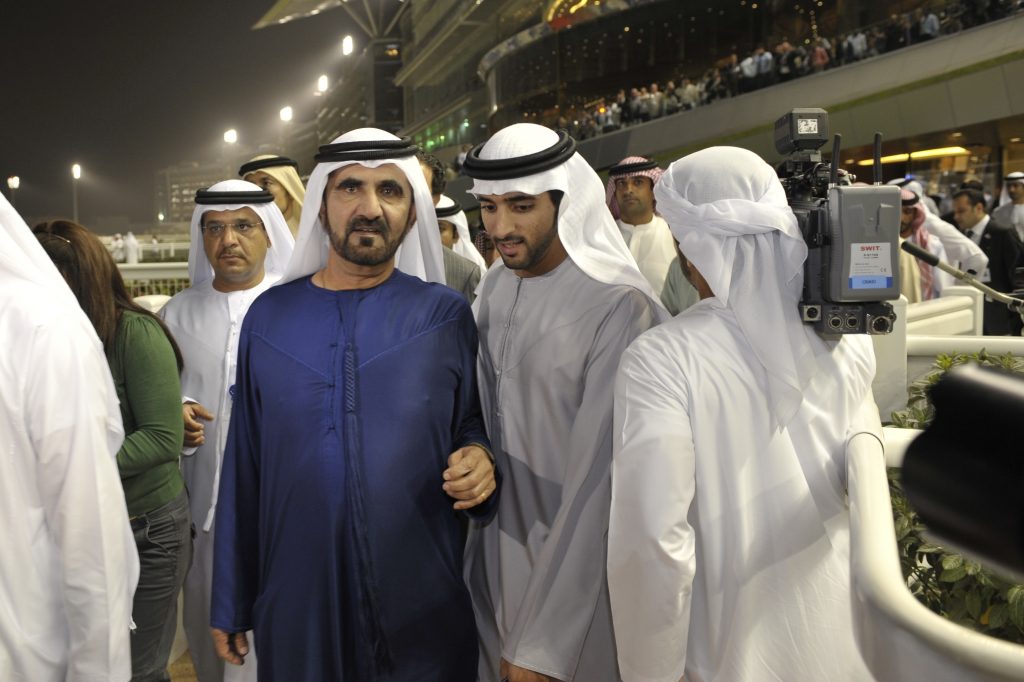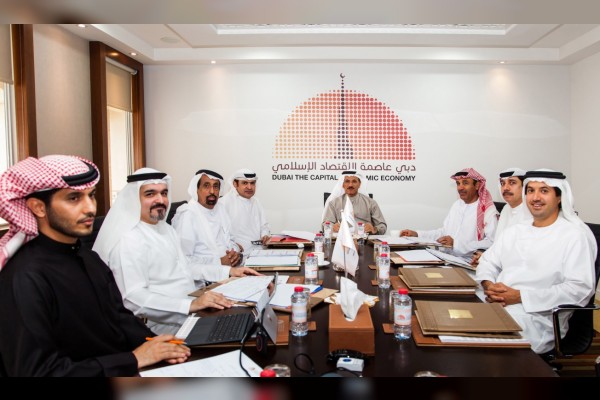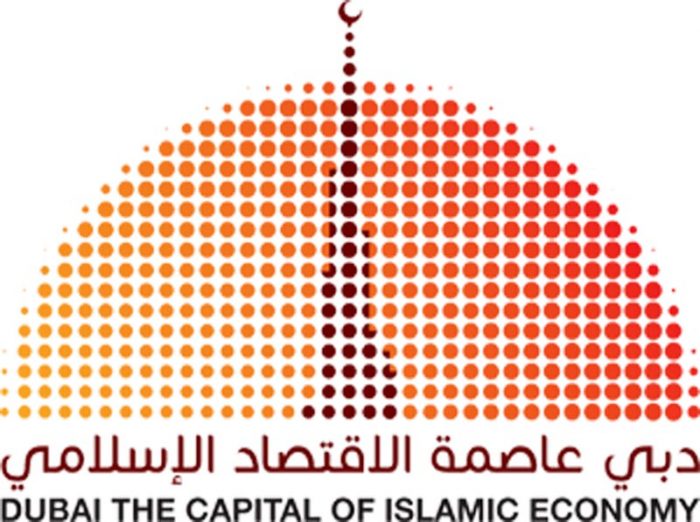DUBAI: As the global center of the Islamic economy. Dubai is well-positioned to lead the sector’s contributions to the regional and international economic recovery after the 19th World Cooperation Conference.

His Highness Sheikh Hamdan bin Mohammed bin Rashid Al Maktoum, Crown Prince of Dubai, Chairman of the Dubai Executive Council and General Supervisor of The Dubai Initiative: The Capital of the Islamic Economy, noted that the rising role of Islamic Economy in the broader national commercial and financial system is the result of the vision of His Highness Sheikh Mohammed bin Rashid Al Maktoum, Vice President and Prime Minister of the UAE and Ruler of Dubai, who laid the foundation for the solid growth of the sector. Anticipating it’s potential early on, he called for the development of an innovative economic system that aligns with the ethics and principles of Islam, and actively contributes to Dubai’s GDP, while strengthening the emirate’s position as a global economic hub.
Dubai Islamic Economy Development Center (DIEDC)
‘Dubai Islamic Economy Development Centre (DIEDC) was established in December 2013 to transform Dubai into the ‘Capital of Islamic Economy’, as envisioned by His Highness Sheikh Mohammed Bin Rashid Al Maktoum, Vice-President and Prime Minister of the UAE and Ruler of Dubai. His Highness Sheikh Hamdan bin Mohammed bin Rashid Al Maktoum, Crown Prince of Dubai, supervises the efforts of the DIEDC and its Board to bolster Dubai’s bid to become a global hub for the Islamic Economy, encompassing a wide array of sectors through harnessing the projected US$6.7 trillion Islamic economy market.

DIEDC has been mandated to implement and promote a seven-pillared strategy comprising finance, the ‘halal’ industry, tourism, digital infrastructure, art, knowledge, and Islamic standards. DIEDC is equipped with the financial, administrative, and legal tools to promote economic activities compatible with Islamic law in Dubai’s goods and financial services sector, as well as the non-financial sector. In this capacity, it will conduct research and specialist studies to determine the contribution of sharia-compliant activities to the emirate’s gross domestic product, and explore how to extend this contribution to boost the economy. DIEDC is also mandated to create new products and lines of service to law firms specializing in finance structuring.”
With its focus on protecting social and human wellbeing, the Islamic Economy can contribute significantly to mitigating the economic repercussions of the COVID-19 pandemic and the revival of the global marketplace. The Islamic Economy ecosystem-based out of Dubai can help the sector play an important part in the economic response to the COVID-19 crisis.
Sheikh Hamdan said Islamic Economy sectors contributed AED41.8 billion to Dubai’s GDP in 2018, registering a growth of 2.2 percent over the previous year. He noted that these results are a testament to Dubai’s position as the global capital of the Islamic economy, in line with the wider objectives of Dubai: Capital of Islamic Economy initiative.
He added that the increased contribution of the Islamic economy to Dubai’s GDP is an organic outcome of Dubai’s expertise, advanced infrastructure, strategic geographical location, and its commitment to becoming the preferred investment destination for various Islamic economy sectors.




![The Top & Most Popular Seafood Bucket Restaurants in Dubai for you [Never Miss]](https://uae24x7.com/wp-content/uploads/2020/09/8-seafood-in-a-bucket-scaled-e1600739237403.jpg)
![Procedures for Renewing the Driving License in Abu Dhabi [3 Simple Steps]](https://uae24x7.com/wp-content/uploads/2020/07/Capture-9-e1595666454466.jpg)





